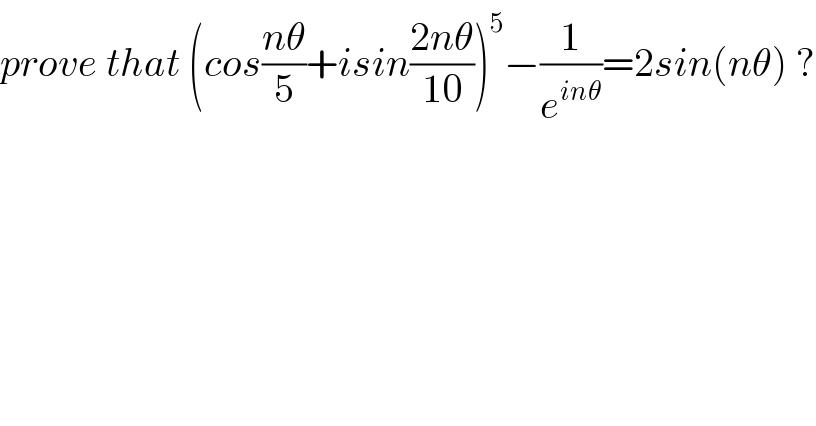
Question and Answers Forum
Question Number 103481 by mohammad17 last updated on 15/Jul/20

Answered by Dwaipayan Shikari last updated on 15/Jul/20

Commented by mohammad17 last updated on 15/Jul/20

| ||
Question and Answers Forum | ||
Question Number 103481 by mohammad17 last updated on 15/Jul/20 | ||
 | ||
Answered by Dwaipayan Shikari last updated on 15/Jul/20 | ||
 | ||
| ||
Commented by mohammad17 last updated on 15/Jul/20 | ||
 | ||